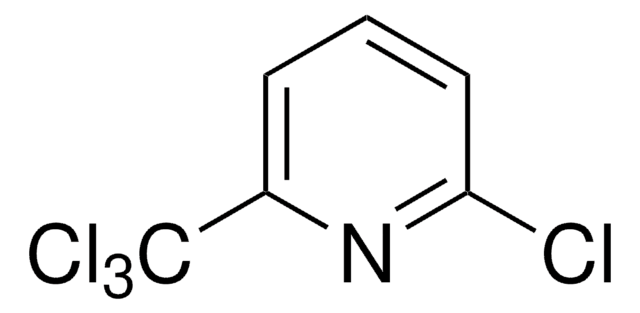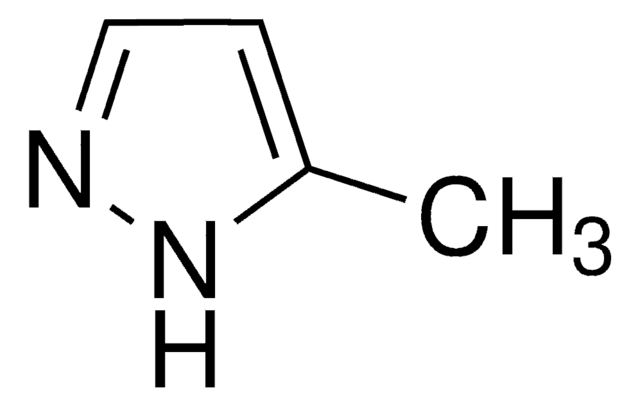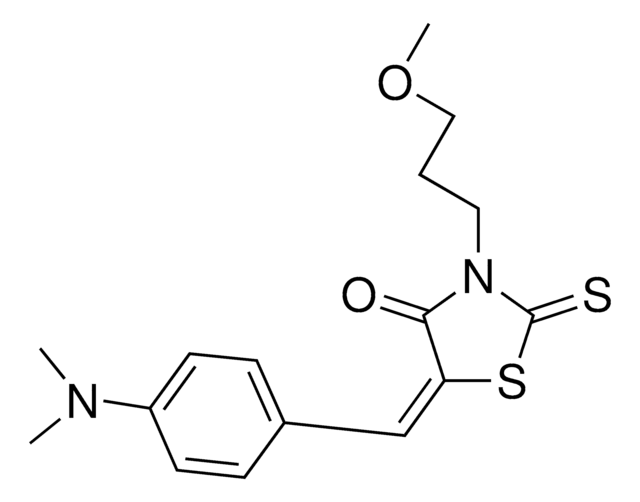39225
5-(Dimethylamino)-1-naphthalenesulfonamide
for fluorescence, ≥98.5% (TLC)
Synonym(s):
DNSA, Dansyl amide
Sign Into View Organizational & Contract Pricing
All Photos(1)
About This Item
Linear Formula:
(CH3)2NC10H6SO2NH2
CAS Number:
Molecular Weight:
250.32
Beilstein:
2217203
EC Number:
MDL number:
UNSPSC Code:
12352100
PubChem Substance ID:
Recommended Products
grade
for fluorescence
Assay
≥98.5% (TLC)
form
solid
mp
218-221 °C (lit.)
SMILES string
CN(C)c1cccc2c(cccc12)S(N)(=O)=O
InChI
1S/C12H14N2O2S/c1-14(2)11-7-3-6-10-9(11)5-4-8-12(10)17(13,15)16/h3-8H,1-2H3,(H2,13,15,16)
InChI key
TYNBFJJKZPTRKS-UHFFFAOYSA-N
Looking for similar products? Visit Product Comparison Guide
Other Notes
Active-site probe for carbonic anhydrase
replaced by
Product No.
Description
Pricing
Storage Class Code
13 - Non Combustible Solids
WGK
WGK 3
Flash Point(F)
Not applicable
Flash Point(C)
Not applicable
Personal Protective Equipment
dust mask type N95 (US), Eyeshields, Gloves
Choose from one of the most recent versions:
Already Own This Product?
Find documentation for the products that you have recently purchased in the Document Library.
T. Kararli et al.
Journal of Protein Chemistry, 3, 357-357 (1984)
R W Henkens et al.
Biochemistry, 21(23), 5918-5923 (1982-11-09)
Particularly stable elements of noncovalent structure in bovine carbonic anhydrase have been detected and studied. These are present in a highly populated intermediate state formed during denaturation of the enzyme with guanidinium chloride. The intermediate has been detected by analysis
P Billsten et al.
FEBS letters, 402(1), 67-72 (1997-01-27)
Human carbonic anhydrase II pseudo-wild type (HCAIIpwt) and two truncated variants were adsorbed to approximately 9 nm silica nanoparticles. Ellipsometry was used as an indirect measure of protein adsorption. The structural changes of adsorbed proteins were investigated with the use
Ereny F Morcos et al.
Electrophoresis, 31(22), 3691-3695 (2010-10-26)
Back-scattering interferometry (BSI) is a label-free, free-solution, small-volume technique used for characterizing binding interactions, which is also relevant to a growing number of biosensing applications including drug discovery. Here, we use BSI to characterize the interaction of carbonic anhydrase enzyme
Abir L Banerjee et al.
Biochemistry, 44(9), 3211-3224 (2005-03-02)
Benzenesulfonamide and iminodiacetate (IDA)-conjugated Cu(2+) independently interact at the active site and a peripheral site of carbonic anhydrases, respectively [Banerjee, A. L., Swanson, M., Roy, B. C., Jia, X., Haldar, M. K., Mallik, S., and Srivastava, D. K. (2004) J.
Our team of scientists has experience in all areas of research including Life Science, Material Science, Chemical Synthesis, Chromatography, Analytical and many others.
Contact Technical Service







